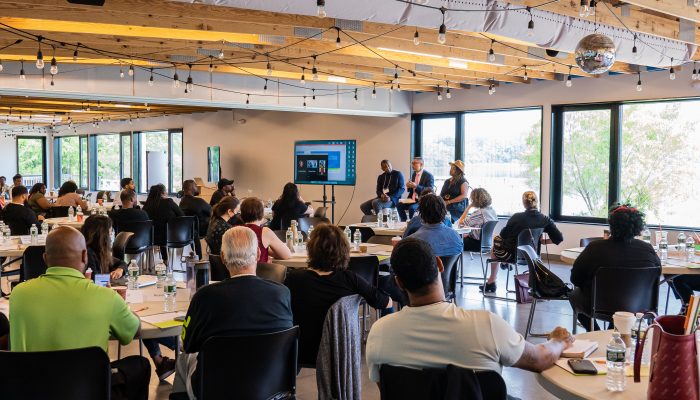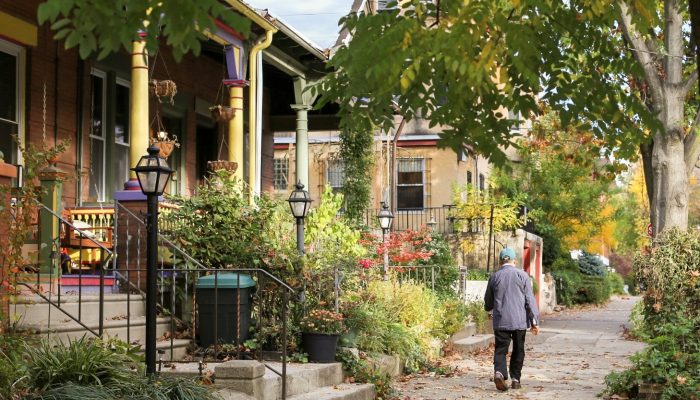After the launch of successful programs in the 22nd, 24th, and 39th Police Districts, the City’s Police Assisted Diversion (PAD) program is expanding into more Philly neighborhoods. Starting this fall, the program will also operate in the 25th and 26th Police Districts, covering Kensington and North Philadelphia.
PAD is a collaborative partnership among police officers, service providers, and community members to provide a pathway to services for those in need. Through this initiative, police officers are able to connect people engaged in retail theft, drug activity, or sex work to community-based services instead of prosecution and jail.
Launched in 2018, PAD is one of 30 initiatives under the City’s Safety and Justice Challenge effort, funded by the MacArthur Foundation. The Safety and Justice Challenge goal is to safely reduce the prison population by 50 percent over five years and reduce racial and ethnic disparities in the justice system. Since 2015, the City has seen a 52 percent decrease in the local jail population.
Taking a health-centered approach
At a time of ongoing protests calling for governments to invest in social services for those most in need, this health-centered approach to law enforcement aims to provide direct support and resources for individuals as an alternative to further police engagement.
As part of the expansion, a co-responder model will be used. In this model, clinical staff from a community-based service provider, Merakey, will ride along with officers to provide a consistent presence in the community. This service provider will offer services to people engaged in low-level offenses, such as loitering or drug use.
By working with service providers, officers are able to divert people away from entering the criminal justice system and point them towards immediate and personalized, peer-based social services. The expansion will allow co-responders to serve the community five days a week between the hours of 8 a.m. and 8 p.m.
Results from the program so far
Since initiation of the co-responder pilot in March of 2019, approximately 158 people have been referred to services, approximately 75 percent of whom could have been arrested for low-level drug, sex work, or property crimes if they hadn’t received the co-responder’s intervention.
Among those referred, 95 people have accessed some form of drug and alcohol treatment ranging from short term detox to recovery housing.
Overall, PAD has diverted over 325 individuals at the point of arrest from further criminal justice involvement and has proactively connected over 1,000 people to community-based services through its social referral and co-responder programs.




